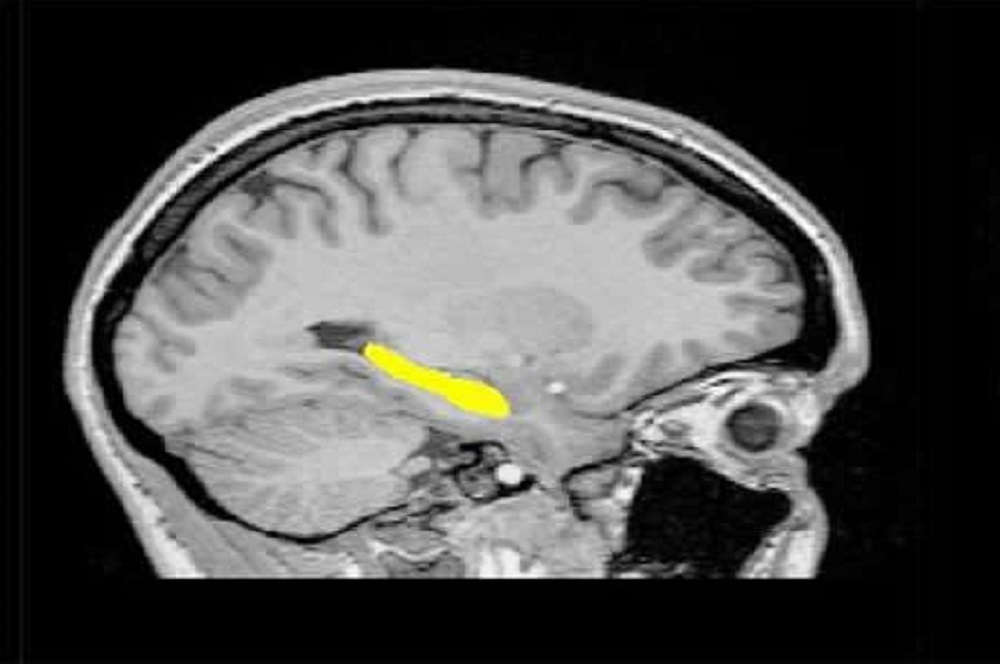Sunovion Pharmaceuticals Inc. of Marlborough, Massachusetts recently gained approval for its supplemental new drug submission (SNDS) regarding Latuda (lurasidone HCI) — aimed at relieving adolescent schizophrenia — from Health Canada, potentially extending the treatment’s age range.
Latuda is already approved in Canada to address adult schizophrenia and depression associated with bipolar I disorder, company officials said. If approved for expanded use, the treatment could benefit patients ages 15-17 as well. Additionally, Health Canada recently accepted a second SNDS for permitting use of Latuda as monotherapy in patients ages 10 to 17 with bipolar I-associated depression.
“The expansion of Latuda’s indication in Canada to include adolescents with schizophrenia marks an important milestone for patients and families in need of new treatment options for this difficult-to-manage condition,” Dr. Antony Loebel, executive vice president and chief medical officer at Sunovion, said. “We are pleased that Latuda can now be considered for use in Canada for adolescent as well as adult patients with schizophrenia.”
Schizophrenia is a critical, often disabling brain disorder. Symptoms can include hallucinations and delusions; dysfunctional thinking; agitated physical movements; lowered affect, and suppressed cognitive abilities such as poor focus, impaired memory or compromised executive functioning. Symptoms often emerge between the ages of 16 and 30.
“Bipolar depression and schizophrenia … can be particularly challenging to diagnose and treat in younger patients,” Dr. Len Cortese, medical director at the Toldo Neurobehavioural Institute at Windsor, Ontario’s Hotel Dieu Grace Hospital, said. “These milestones are important to the mental health community in addressing the need for additional effective and well-tolerated treatment options to manage pervasive psychiatric illnesses.”









 Alerts Sign-up
Alerts Sign-up